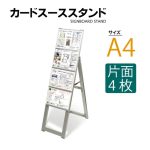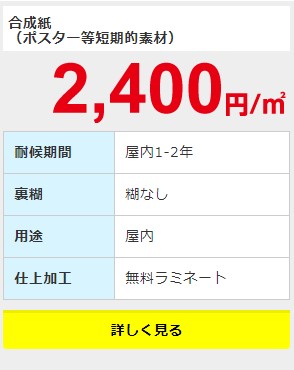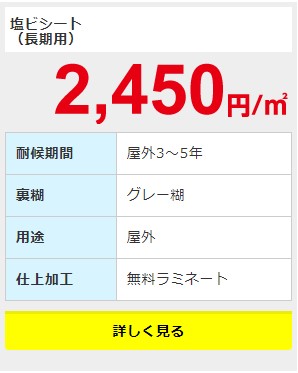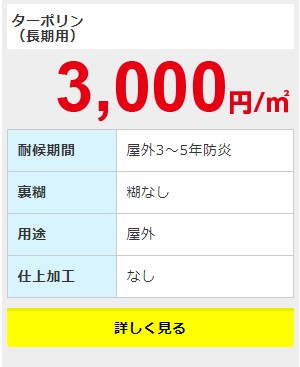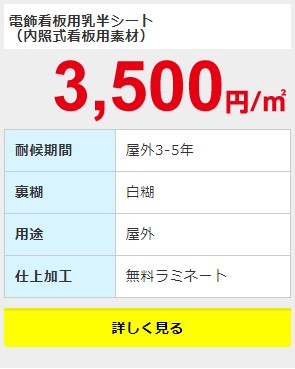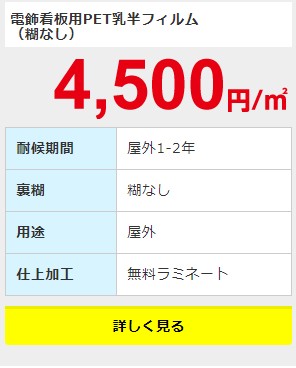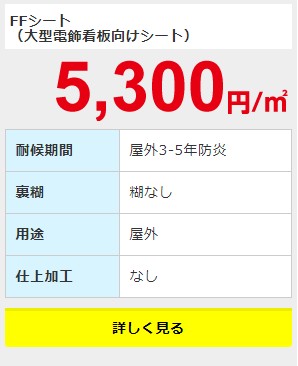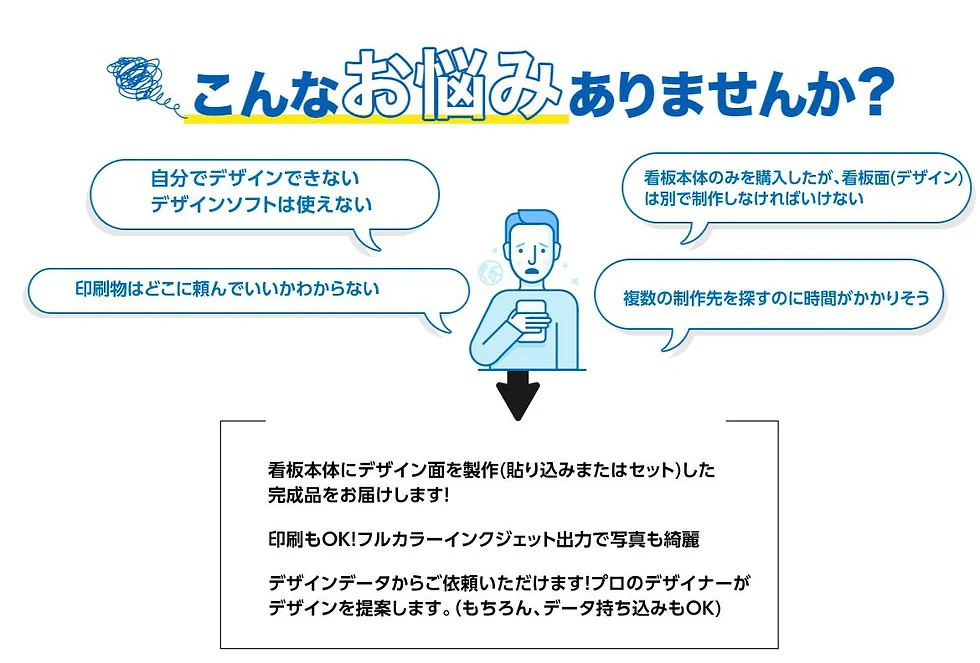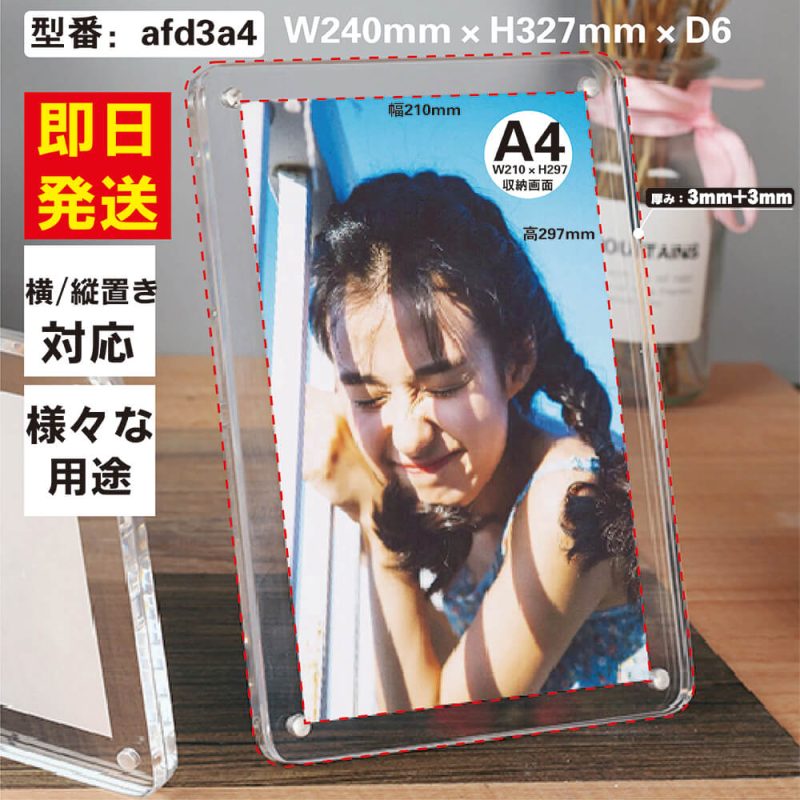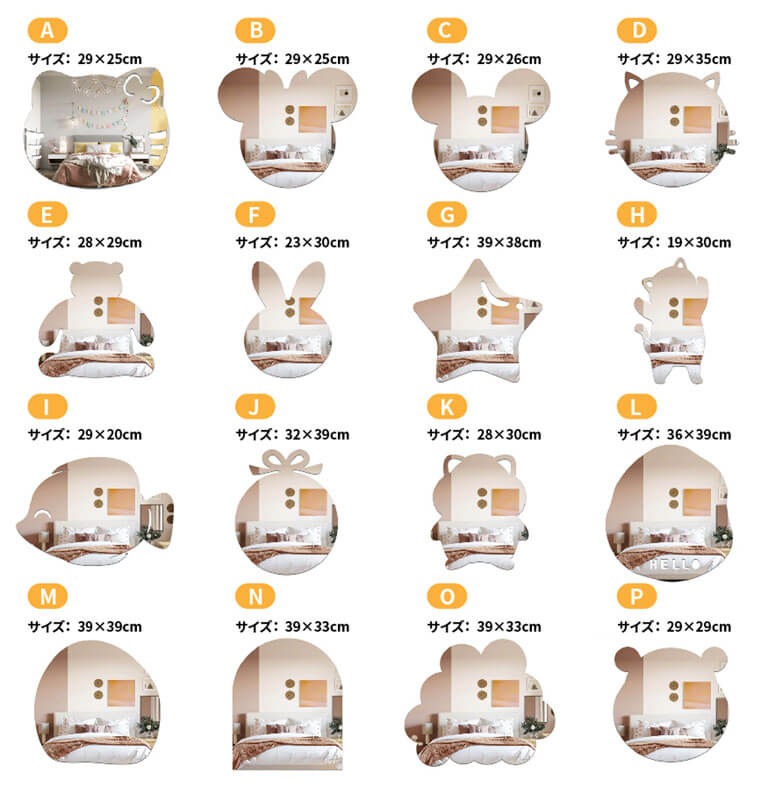Convertible debentures can be converted to equity shares at the time of redemption at the option of the investors. Non convertible debentures on the other hand do not have such an option. Investing in NCDs offers potential for better returns, liquidity, lower risk, and tax benefits compared to convertible debentures. The level of debt of the issuing company is an important factor to consider. If the company has a high level of debt, it may not be able to service its debt obligations in the future. Therefore, it is important to check the debt-to-equity ratio of the company before investing in its NCDs.
Bajaj Finserv Limited Regd. Office
- Debentures are typically issued by large companies to raise funds.
- The credit rating of the company and the purpose of raising the funds are also important considerations to ensure that the investor interest is secure.
- When a company issues debentures, they are classified into two broad categories convertible and non-convertible.
This means buying them when prices are low, so they can appreciate over time rather than non convertible debentures meaning purchasing them when they are high with hopes of selling them later at even higher prices. The former strategy allows investors more flexibility since price fluctuations don’t affect returns much. However, some investors prefer investing via this method because it requires less work to monitor daily price movements, which can get monotonous after a while. Unsecured non-convertible debentures do not have any specific assets pledged as collateral. Investors in unsecured NCDs rely solely on the creditworthiness and repayment capacity of the issuing corporation. Non-convertible debentures (NCDs) represent a key financial instrument utilised by esteemed corporations to secure long-term capital.
Non-Convertible Debentures offer a middle ground between equity and traditional debt options, providing higher returns with relatively higher risks. Before investing, it’s essential to assess the issuer’s creditworthiness and understand the terms and conditions thoroughly. Like any investment, NCDs should be considered as part of a diversified portfolio based on individual risk tolerance and investment goals.
Tradable Securities
NCDs are subject to capital gains depending on the period of holding. If the NCDs are sold within a year, they are liable to short term capital gains that are taxed at the applicable slab rates of the investor. When NCDs are sold after the completion of a year, they are subject to long-term capital gains which are taxed at 20% with the benefit of indexation. The interest coverage ratio is the ability of the company to service its debt obligations.
Provisions For Non-Performing Assets
There may be inadvertent inaccuracies or typographical errors or delays in updating the said information. Hence, users are advised to independently exercise diligence by verifying complete information, including by consulting experts, if any. Users shall be the sole owner of the decision taken, if any, about suitability of the same. This ratio shows the number of times the interest is covered by the earnings of the company. It determines how comfortably a company can settle its interest obligations. Capital Adequacy Ratio (CAR) gauges the company’s capital and sees whether the company has sufficient funds to survive potential losses.
Why Invest in NCDs?
Any default by the company in payment of redemption amount can be recovered by the investors by liquidating the asset that is used to secure the NCD. The rate of interest offered by the company on the secured debentures is lower than that offered on unsecured debentures. Seek out long-term capital appreciation rather than short-term gains from investing in non-convertible debentures.
Selling an NCD at a premium means selling it at a price higher than its face value. Conversely, selling an NCD at a discount means selling it at a price lower than its face value. You must check with your tax advisor before investing in any NCD. Please note that by submitting the above mentioned details, you are authorizing us to Call/SMS you even though you may be registered under DND. The said information is neither owned by BFL nor it is to the exclusive knowledge of BFL.
Non-convertible debentures are a type of debt instrument that provides a fixed return to the investor. The only way for an investor to get liquidity from NCDs is by selling them in the secondary market or redeeming them at face value before maturity. To sum it up for you, debentures are unsecured debt instruments that are not backed by any instruments. You can further classify these debentures on the basis of convertibility, redeemability, and transferability. In this article, we discussed types of debentures based on convertibility – convertible and non-convertible debentures.
This means the issuer cannot redeem them before maturity, which could pose challenges for investors if interest rates decrease, making it hard to find similar high-interest options. The issuing company begins the public issue of its NCD for a specified period. NCDs are listed on the stock exchange after that as specified by the company. Every non-convertible debenture can earn returns in two ways – growth based and interest-based or cumulative opportunities.
Do not invest if the company allocates more than 50% of its total assets towards unsecured loans. A put option in NCD means that the investor has an option to surrender the NCD if he wants to, and get back his/her principal. If NCD interest rates go up, and the investor can get better rates from the market, he can exercise the put option and get back his/her principal which can be invested elsewhere. While NCDs do not have the option to be converted into equity shares, there are several other features that make it a sound investment. Trusted by over 2 Cr+ clients, Angel One is one of India’s leadingretail full-service broking houses. We offer a wide range of innovativeservices, including online trading and investing, advisory, margin tradingfacility, algorithmic trading, smart orders, etc.
Non-convertible debentures are fixed-income instruments with fixed maturity date and interest payment terms. NCDs offer higher interest rates, liquidity, and tax benefits compared to convertible debentures. Investors should consider credit ratings, interest rates, and risks related to the issuing company while investing in NCDs. They are a type of debt instrument that cannot be converted into equity or stocks. NCDs have a fixed maturity date and the interest can be paid along with the principal amount either monthly, quarterly, or annually depending on the fixed tenure specified. They offer relatively higher interest rates when compared to convertible debentures.
These debentures are usually issued by reputed companies to raise funds. If the company does not meet its obligations towards NCD investors, the credit rating of the company will be adversely impacted. Any type of long-term debt instrument that isn’t backed by collateral is known as debentures. However, you should know that debentures, along with bonds, are the most common types of debt instruments.














